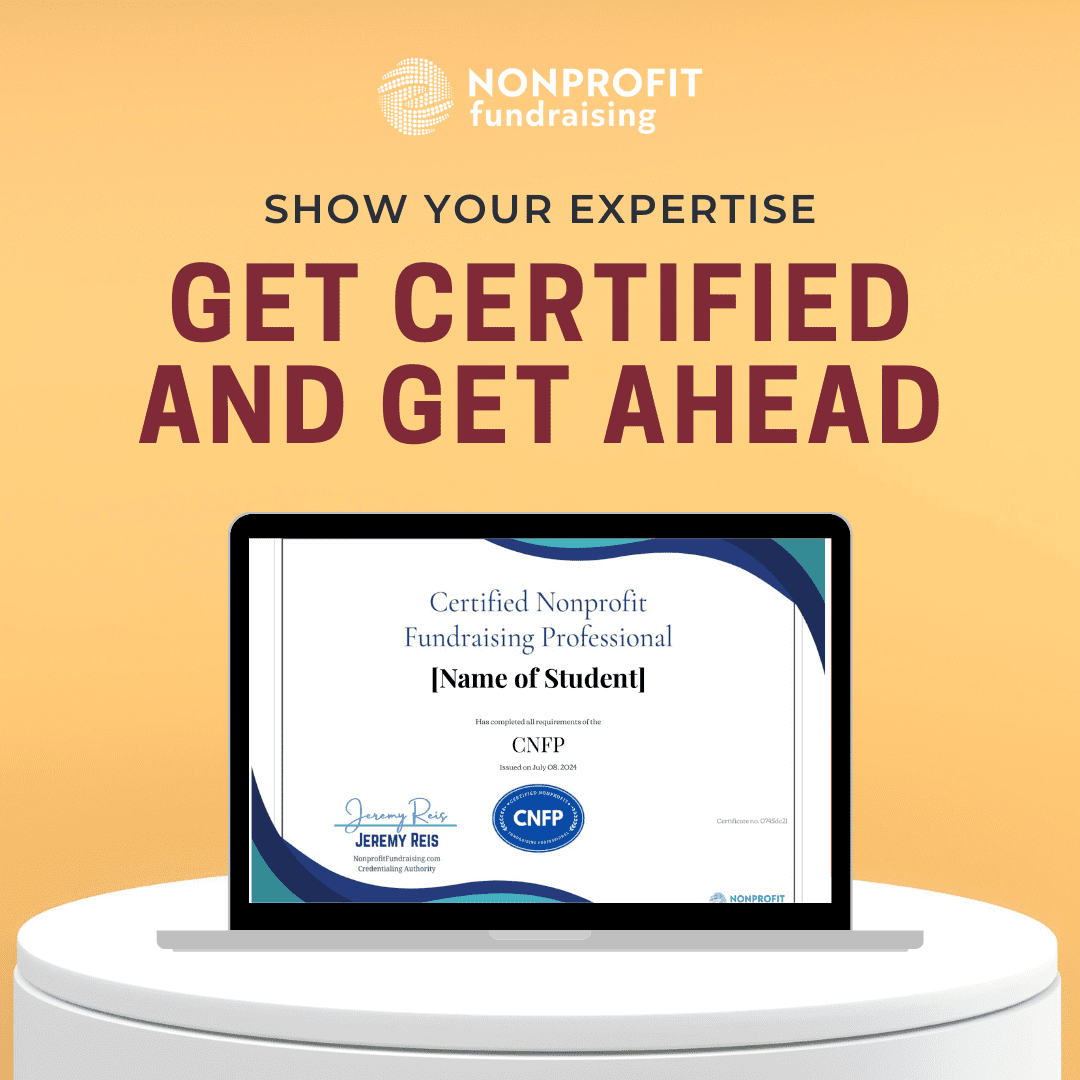As a volunteer fundraiser, you play a crucial role in helping nonprofit organizations achieve their missions and make a positive impact on the world. Whether you’re new to fundraising or looking to enhance your skills, this article will provide you with seven actionable tips to boost your fundraising abilities and make a significant difference in your organization’s success.
Table of Contents
- Tip 1: Know Your Organization’s Mission and Impact
- Tip 2: Identify and Engage Your Network
- Tip 3: Master the Art of Storytelling
- Tip 4: Embrace Digital Fundraising Tools
- Tip 5: Host Creative Fundraising Events
- Tip 6: Practice Gratitude and Stewardship
- Tip 7: Collaborate and Learn from Others
Tip 1: Know Your Organization’s Mission and Impact
To be an effective fundraiser, you must have a deep understanding of your organization’s mission and the impact it makes. Take the time to learn about the organization’s history, goals, and the specific programs or initiatives it supports. Familiarize yourself with key statistics, success stories, and testimonials that demonstrate the organization’s effectiveness.
When engaging with potential donors, be prepared to articulate the organization’s mission clearly and concisely. Share personal stories and examples that illustrate how the organization’s work has made a difference in people’s lives. By connecting with donors on an emotional level and showing them the tangible impact of their support, you’ll be more likely to inspire them to contribute.
Tip 2: Identify and Engage Your Network
One of the most valuable assets you have as a volunteer fundraiser is your personal and professional network. Start by mapping out your contacts, including family, friends, colleagues, and acquaintances. Consider who might be interested in supporting your organization based on their values, interests, and past philanthropic activities.
Leverage social media platforms like Facebook, Twitter, and LinkedIn to expand your reach and connect with potential donors. Share updates about your organization’s work, upcoming events, and fundraising campaigns. Craft personalized messages that explain why you’re passionate about the cause and how their support can make a difference. For example, if you’re running a 5k in support of your favorite nonprofit, send people a message sharing briefly why you support the organization and ask for their support. Remember to be authentic, respectful, and non-intrusive in your outreach.
Tip 3: Master the Art of Storytelling
Storytelling is a powerful tool in fundraising, as it allows you to create an emotional connection with potential donors. When crafting your fundraising pitches and materials, focus on telling compelling stories that illustrate the impact of your organization’s work. Share the experiences of individuals or communities who have benefited from your programs or services.
Use vivid language, descriptive details, and sensory information to bring your stories to life. Be concise and engaging, focusing on the most essential elements of the story that will resonate with your audience. Practice your storytelling skills by sharing your pitches with friends, family, or fellow volunteers and seeking their feedback.
Tip 4: Embrace Digital Fundraising Tools
In today’s digital age, there are numerous online tools and platforms that can help you streamline and optimize your fundraising efforts. Familiarize yourself with popular fundraising websites like GoFundMe, Classy, or Donorbox, which allow you to create personalized donation pages and manage online contributions.
Set up an online donation page for your organization and ensure that it is user-friendly, visually appealing, and includes compelling content about your cause. Utilize email marketing campaigns to reach out to your network and provide them with regular updates, stories, and calls-to-action. Leverage social media platforms to promote your fundraising campaigns, share updates, and engage with supporters.
Tip 5: Host Creative Fundraising Events
Fundraising events are an excellent way to engage supporters, raise awareness, and generate revenue for your organization. Brainstorm unique and creative event ideas that align with your organization’s mission and appeal to your target audience. Consider hosting a charity auction, a themed gala, a sporting event, or a community festival.
When planning your event, set clear goals and create a detailed timeline and budget. Recruit a team of volunteers to help with logistics, marketing, and day-of-event support. Reach out to local businesses, sponsors, and media outlets to secure their support and promote your event. Focus on creating an enjoyable and meaningful experience for attendees while maximizing fundraising opportunities through ticket sales, sponsorships, and on-site donations.
Tip 6: Practice Gratitude and Stewardship
Expressing gratitude and practicing good stewardship are essential for building long-term relationships with donors. Whenever someone makes a contribution, whether it’s financial or in-kind, be sure to thank them promptly and sincerely. Send personalized thank-you notes, make phone calls, or even arrange face-to-face meetings to show your appreciation.
Keep your donors informed about the impact of their contributions by providing regular updates, newsletters, or impact reports. Share stories and photos that demonstrate how their support is making a difference. Invite them to events, volunteer opportunities, or behind-the-scenes tours to deepen their connection with your organization. By cultivating strong relationships with your donors, you’ll increase the likelihood of ongoing support and advocacy.
Tip 7: Collaborate and Learn from Others
As a volunteer fundraiser, you don’t have to go it alone. Seek guidance and support from experienced fundraisers within your organization, such as staff members or board members. They can provide valuable insights, best practices, and mentorship to help you grow in your role.
Take advantage of learning opportunities like fundraising workshops, webinars, and conferences. These events allow you to gain new skills, stay up-to-date on industry trends, and network with other fundraisers. Join online communities and forums dedicated to nonprofit fundraising, where you can exchange ideas, ask questions, and learn from the experiences of others in the field.
By implementing these seven tips, you’ll be well on your way to becoming a more effective and confident volunteer fundraiser. Remember that fundraising is both an art and a science, requiring a combination of creativity, strategy, and interpersonal skills. Embrace the challenges, celebrate the successes, and never underestimate the power of your efforts in making a positive difference in the world. Good luck on your fundraising journey!


